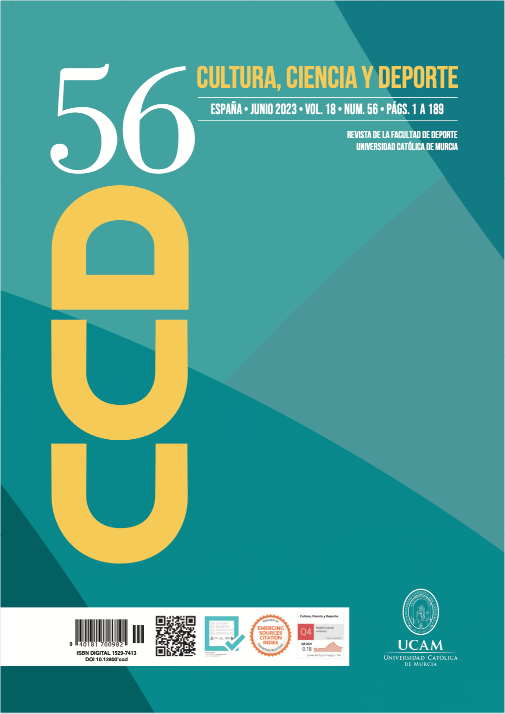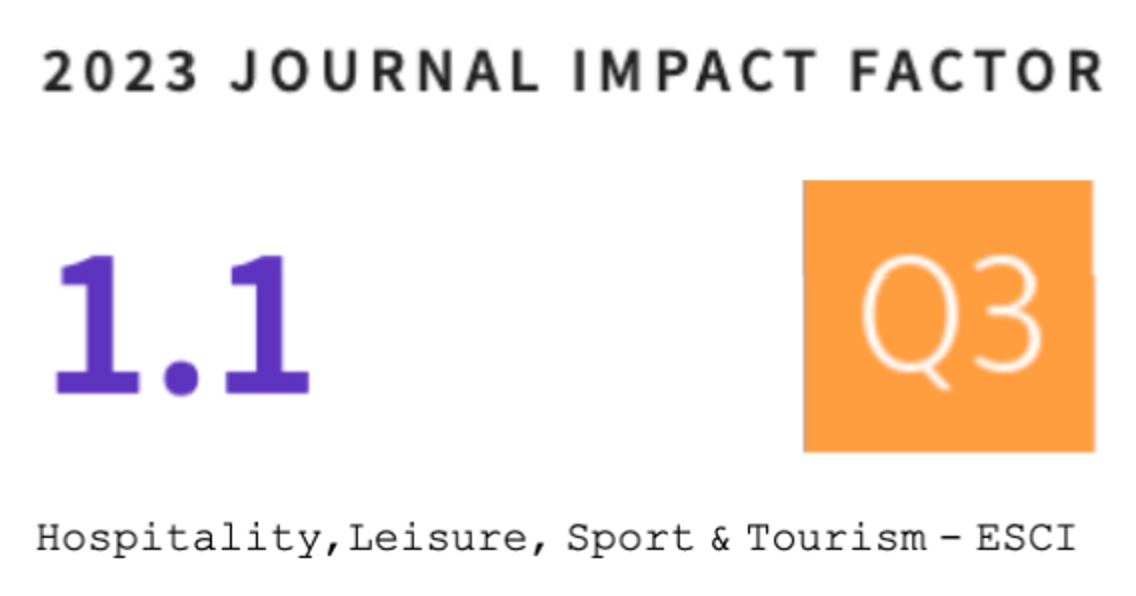Effect of the type of motor interaction required by the game on emotional behaviour in Physical Education classes
DOI:
https://doi.org/10.12800/ccd.v18i56.1959Abstract
Physical Education is the area where the pupil develops their motor conduct by meeting four levels, which should be worked on the same way with the objective to obtain a pedagogical success within them. This pedagogical success will be acquired in the moment in which the motor, cognitive, social and affective levels are worked on in a complementary way. Emotions claim special importance in this area by the fast experience of them in any motor situation, especially in traditional sport game where anything changes any aspect of the internal logic, it can cause the experimentation of one type of emotion or another. The aim of this study was to analyze the emotional intensity of positive and negative emotions experienced by pupils of Primary Education in three different social motor games. Moreover, the pupils become more involved if they assume different roles in a particular social motor game. The study was made of 47 pupils of year three of Primary School in a school centre where they filled two instruments (GES-C and emotional experience in the roles) which reflected greater expressions of positive emotions against negative ones.
Published
How to Cite
Issue
Section
License
Copyright (c) 2023 Creative Commons Attribution License

This work is licensed under a Creative Commons Attribution-NonCommercial-ShareAlike 4.0 International License.
The authors who publish in this journal agree with the following terms:
- The authors retain the copyright and guarantee the journal the right to be the first publication of the work as well as licensed under a Creative Commons Attribution License that allows others to share the work with recognition of the authorship of the work and the initial publication in this journal.














